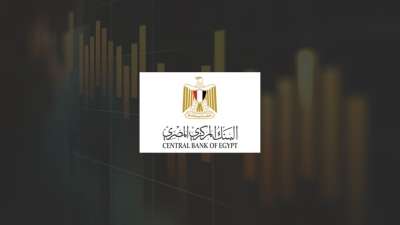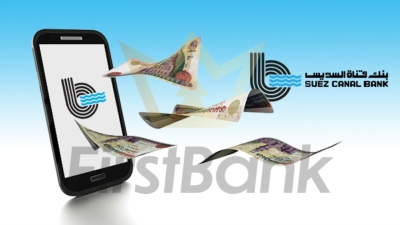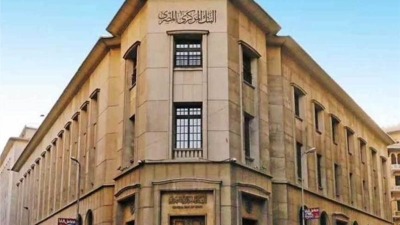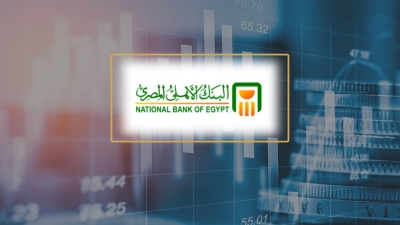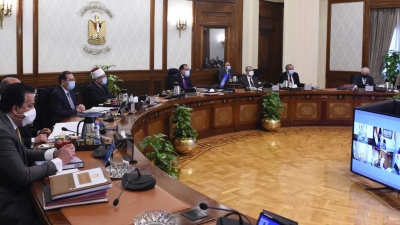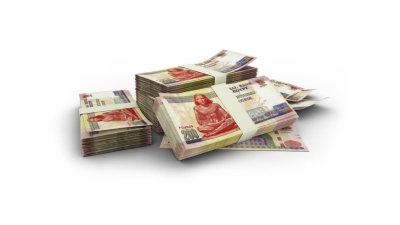Moody's changes Egypt’s rating to B3, sets its future outlook at stable

Moody's, the leading Rating Agency, has downgraded Egypt's sovereign rating by one notch to B3 from B2 on Tuesday, citing the country's reduced external buffers and shock absorption capacity.
Yet, the agency changed its outlook for Egypt to stable from negative. “Moody’s does not expect Egypt's liquidity and external positions to rebound quickly", the agency added in a recent report
Moody’s downgraded Egypt’s credit rating yesterday for the first time since 2013
Why now? FX reserves have declined since the agency cut its outlook to negative in May 2022 and the banking system’s net foreign liability position has increased, heightening vulnerability, the agency says, at a time of uncertainty for the global economy. Liquid reserves have fallen to USD 26.7 bn from USD 29.3 bn since April while net foreign liabilities are now at USD 20 bn, compared to USD 13 bn.
Egypt has continued to face a foreign currency shortage despite allowing the Egyptian pound to depreciate sharply in recent months.
The country's headline inflation is expected to accelerate further in January after surging to its highest in five years in December, according to a Reuters poll.
In addition, the agency also lowered Egypt's local-currency ceilings to Ba3 from Ba2.
However, the agency noted that while the renewed privatization momentum injected by the recent IMF agreement will create more sustainable sources of capital inflows, the process of reducing the country’s external vulnerabilities are going to take time. “While the situation may stabilize, Moody's does not expect Egypt's liquidity and external positions to rebound quickly,” it said
Why Moody’s changes Egypt’s outlook to “stable
Higher domestic borrowing costs, tight conditions in the international capital markets, and rising social spending will be balanced by the government’s strong domestic funding base and good track record of delivering primary budget surpluses. Delivering on the structural reforms in the IMF agreement and boosting exports and FDI is an upside risk in Moody’s forecast.
Exchange-rate switch will be good for the medium term, but: “Adhering to a fully flexible exchange rate will be credit positive for Egypt over the medium term” though this will be complicated by high inflation and rising domestic borrowing costs, the agency said. “This complexity raises questions about the central bank's and government's capacity to manage the full consequences of the transition.”
In addition, Moody’s will consider upgrading its rating if structural reforms produce a shift towards a sustainable model of FX generation. Rising non-oil exports and strengthening FX reserves fuelled by non-debt creating inflows will be credit positive, as will improving fiscal indicators.
Yet, Egypt’s rating could be further dow


